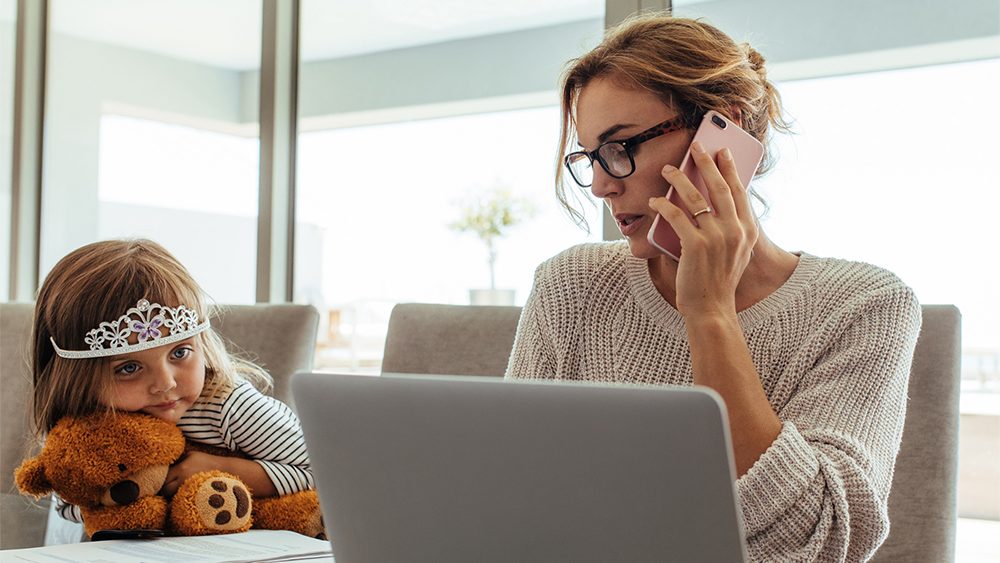Women in Sweden still take more time off work to look after a sick child (VAB) than men do. In 2007, women took 64 per cent of all such leave, while men took 36 per cent. The equivalent figure for 2021 was 60 per cent for women and 40 per cent for men, according to statistics from the Swedish Social Insurance Agency (Försäkringskassan). It seems that not much has changed.
A little more than a decade ago, researcher Frida Eek (then at the Division of Occupational and Environmental Medicine, now working at the Department of Health Sciences) conducted a study. The study aimed to examine the significance of various work environment factors that the employer can influence, with regard to stress and mental wellbeing among parents of young children. Just over 1,500 working parents took part in the study.
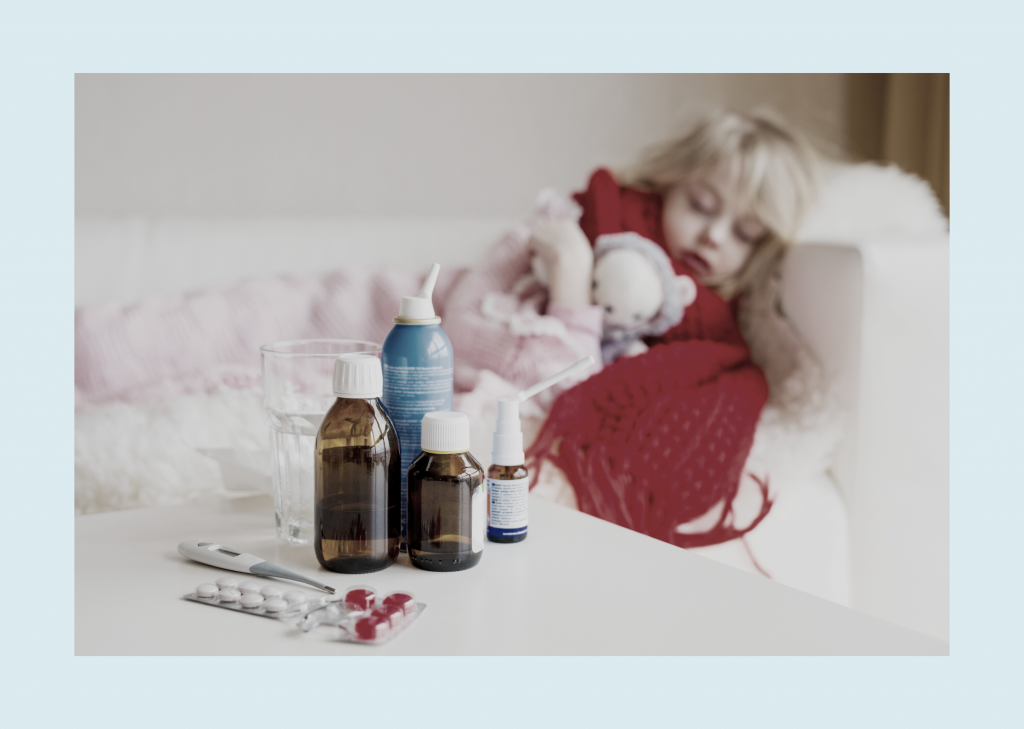
Women felt more stress when taking care of a sick child
The research study examined several different parameters around the parental role as combined with working life. Something that clearly emerged in a report from the study was that not only did women stay at home more with sick children, they also felt more stress than men from having to do so, since they were more likely to feel that they were letting down colleagues, their boss, customers or patients when they stayed at home with sick children. Men felt this way less, which, in combination with them taking fewer days than their partner, might be a possible explanation as to why they experienced fewer negative effects. According to the statistics, not an awful lot has changed since then. Women are more likely to be on sick leave for mental health reasons and men take fewer days of leave to take care of sick children.
Combining work and looking after sick children can create stress
One solution that many parents of young children turn to during February, when children are so often ill, is to try to combine working from home with taking care of a sick child. This is referred to in Swedish as ‘vobba’ – a portmanteau of the Swedish verbs ‘jobba’ and ‘vabba’. That means that the parents work from home (if their job allows it) while simultaneously wiping noses and comforting children with high fever.
The study shows, however, that some measures intended to make things easier – allowing children to come into the workplace, part-time working or working from home may actually cause stress. As Frida Eek points out, it is important to be aware of, and to respect, the fact that there are differing views on which solutions work for each individual. To ‘vobba’ might feel like a relief to some, while others would find it stressful. For that reason, there should be no explicit demand or expectation of working from home when taking care of a sick child, but the option can be provided for those who can and wish to do so.
Most efficient measures in the workplace

The most highly valued factors in the workplace were understanding and a parent-friendly attitude from both colleagues and managers, and a generally parent-friendly policy in the workplace.
A published study also showed that parents who experienced a positive attitude to parenthood from managers and colleagues also experienced less stress and better mental health than parents who worked in workplaces where it was felt that the company or manager was negative or indifferent to parenthood. Frida Eek believes that this is probably still the case in 2023. An understanding of the combination of parenthood and work increases the likelihood of finding individually tailored, functioning solutions and work environment arrangements. This is probably of great significance to the wellbeing of parents of young children, since the report makes clear that the same arrangements may be considered a help by some, but a source of stress for others.
Two-year olds ill the most
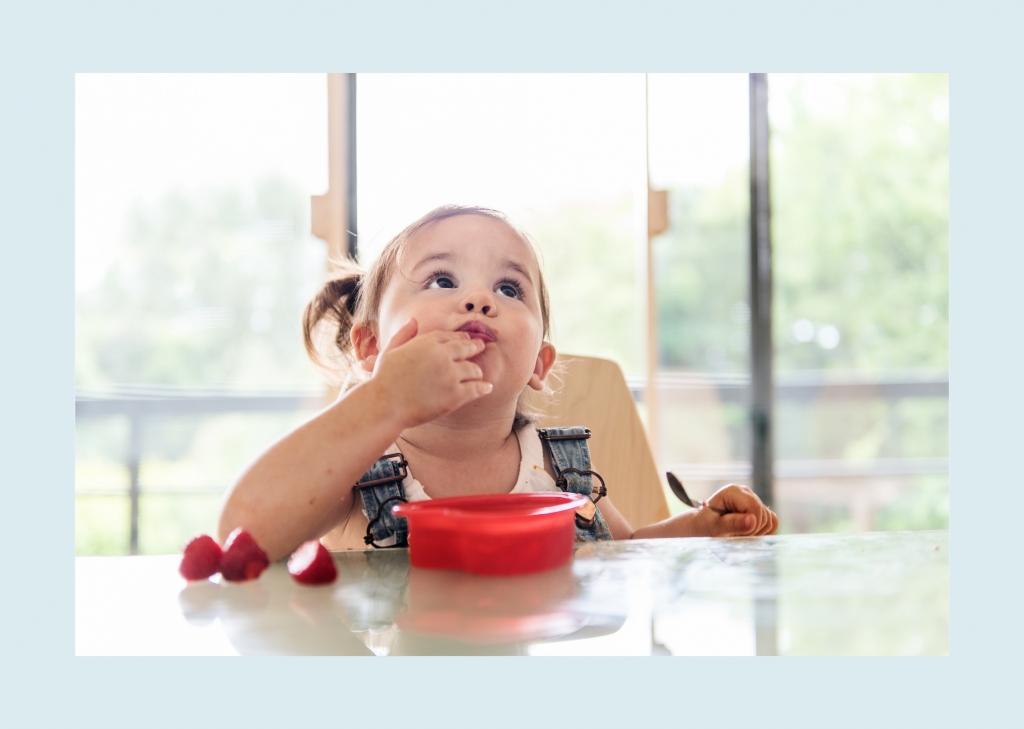
If you have a two-year-old at home, you can probably expect to do a lot of ‘VAB’ this year. According to Försäkringskassan’s statistics, two-year-olds are ill more than any other age group.
An increase in the number of ‘VAB’ days has been noted across all ages, but never before have so many days been paid out as in April 2020. In both November and December 2021, more than one million ‘VAB’ days were paid out in each month. In early 2022, levels continued to rise compared with the same month in previous years, but then fell somewhat. The parents of young children in Sweden will have to see what 2023 has in store! Seasonal flu, winter vomiting bug and chickenpox have been joined by a new wave of COVID 19 and RSV. Are you ready?
Frida Eek’s ‘VAB’ tips for employees from a work environment perspective
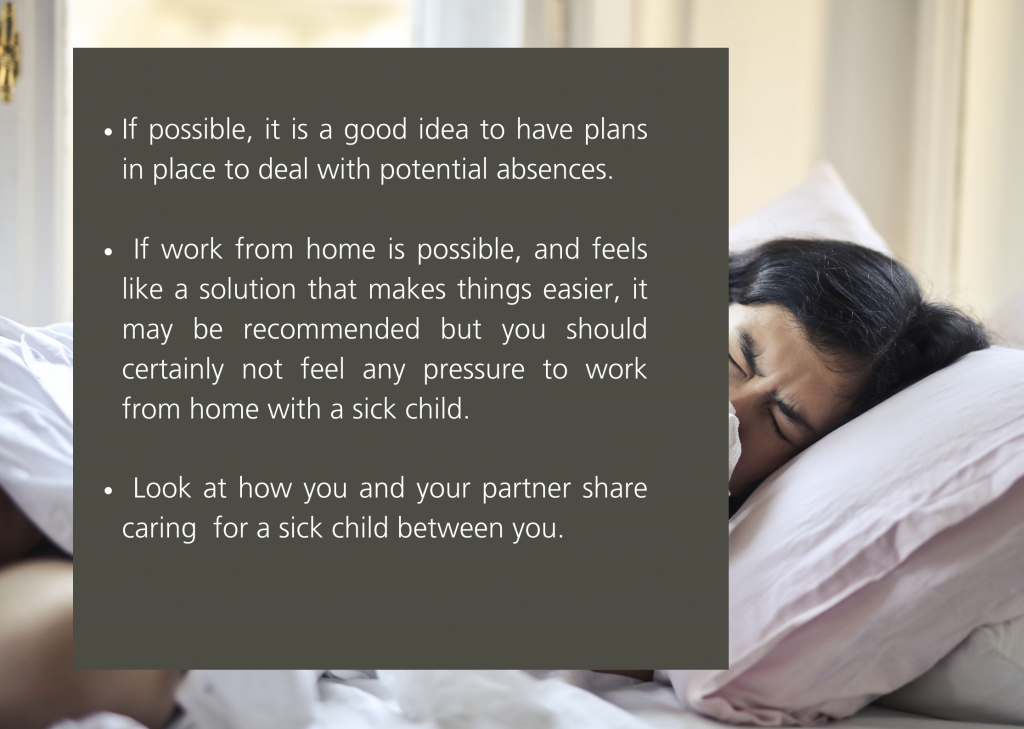
Frida Eek’s ‘VAB’ tips for managers from a work environment perspective
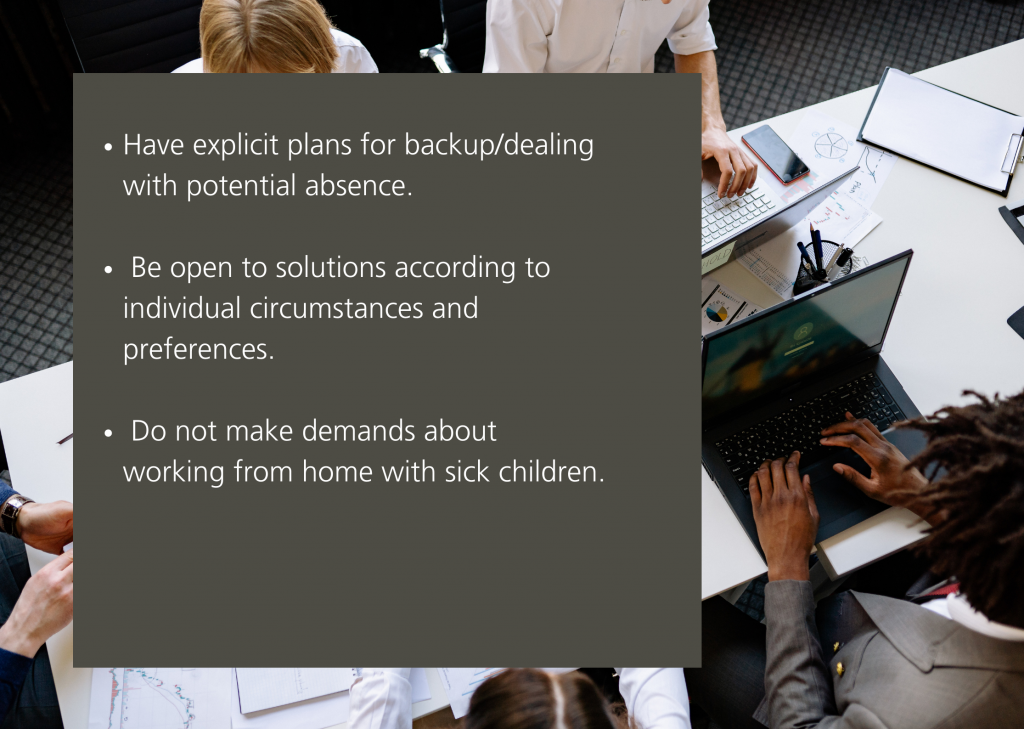
Read the whole report here (in Swedish)
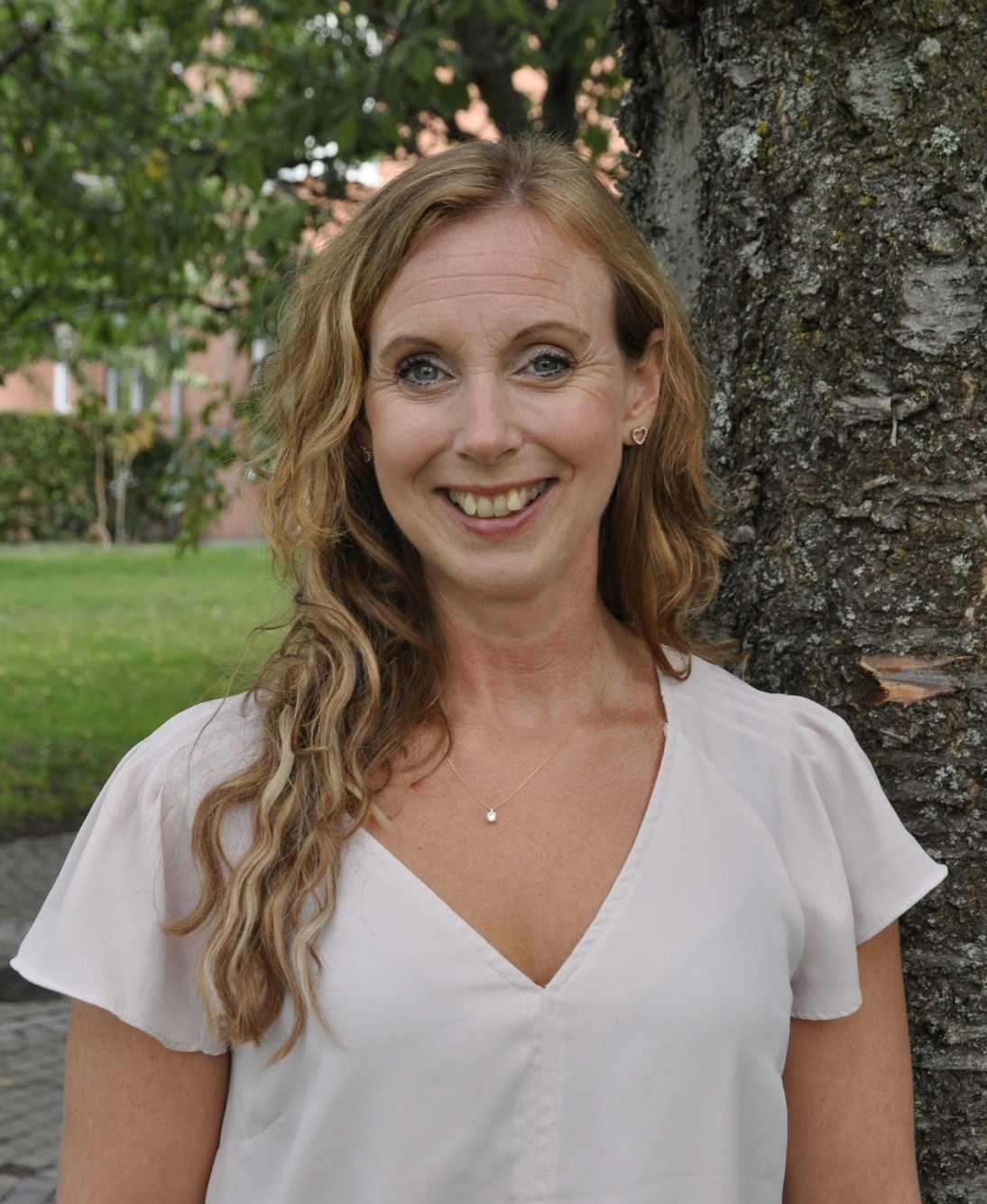
Frida Eek is an associate professor of epidemiology and senior lecturer at the Department of Health Sciences, within the Faculty of Medicine. Read more about her research in the areas of stress, epidemiology and public health here.
Text: Helga Heun & Frida Eek

